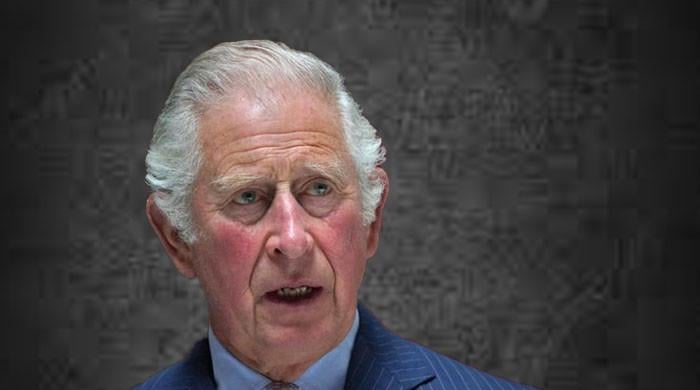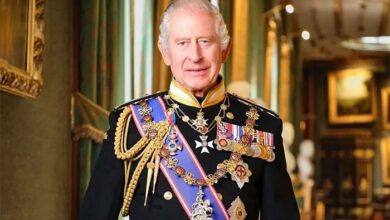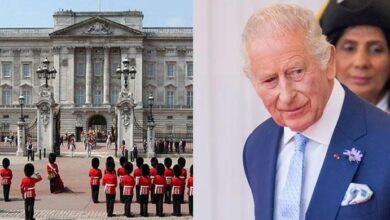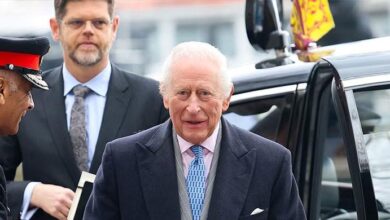King Charles Faces Shocking Challenge Even More Grave Than Edward VIII’s Abdication

King Charles has recently encountered a crisis that experts are describing as even more serious than the abdication of Edward VIII. This unsettling development has sent shockwaves through the monarchy, prompting widespread speculation about its implications.
The alarming situation was highlighted in a detailed piece published by the Daily Mail, authored by renowned journalist A.N. Wilson. Wilson’s analysis underscores the gravity of the circumstances confronting the current monarch.
Wilson’s article begins with a cautionary note directed at King Charles, warning about the possible dangers posed by Prince Andrew should he secure an influential publishing deal. The concerns revolve around the secrets that could be spilled and the damage to the royal family’s reputation.
According to Wilson, any major publisher would be eager to cash in on Windsor secrets, especially those related to Prince Andrew’s controversial associations. The allure of revealing hidden truths about the royals could lead to lucrative deals—if handled carefully.
However, Wilson warns that Prince Andrew’s denial of involvement with Jeffrey Epstein’s circle complicates matters. A credible book deal would require him to share extensive personal disclosures or accept accusations that could lead to criminal scrutiny.
Wilson speculates that the only plausible memoir for Andrew would be one titled “Confessions Of A Sex Addict Prince,” where he reveals as much about himself as about his family. Such a revelation would send shockwaves through the monarchy and beyond.
Read More: Kate Middleton’s Bold Fashion Statement Sends a Clear Message to Prince Harry and Meghan Markle
The palace is reportedly keen to avoid such disclosures, fearing they would be tantamount to admitting criminal offenses. Therefore, they hope Andrew will stay silent to protect the monarchy’s image and reputation.
Wilson further warns that Prince Andrew and his ex-wife, Sarah Ferguson, are likely to exhaust their finances swiftly. Their dependence on inherited wealth or external aid underscores the precariousness of their situation.
In light of their financial difficulties, Wilson suggests they may be forced to seek handouts from wealthy acquaintances or oligarchs, financiers with shady backgrounds, or foreign spies. Such dependencies could further damage the royal reputation.
This emerging crisis is not isolated to the immediate royal circle but poses broader threats to the stability of the monarchy itself. Wilson describes it as perhaps the most significant since Edward VIII’s abdication in 1936.
The potential fallout could reshape public perception of the royal family and impact its monarchy’s future. The department of the monarchy must now navigate a complex web of secrets, scandals, and financial vulnerabilities.
Wilson’s analysis concludes with a stark warning: this crisis, if not carefully managed, could undermine the very foundations of the British monarchy. The current situation might prove to be one of the most defining moments in recent royal history.
As the monarchy faces this unprecedented challenge, eyes around the world remain focused on how King Charles and his family will respond. The decisions made in the coming weeks could determine their legacy for generations to come.






